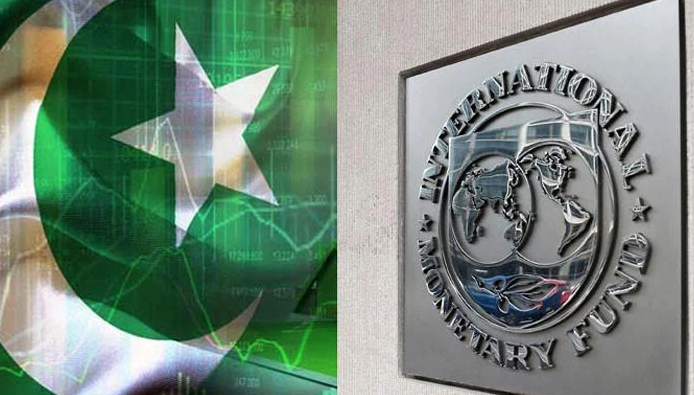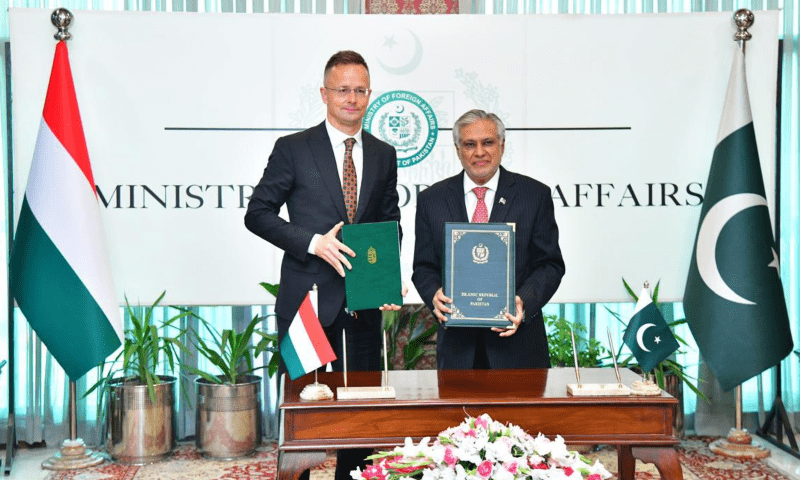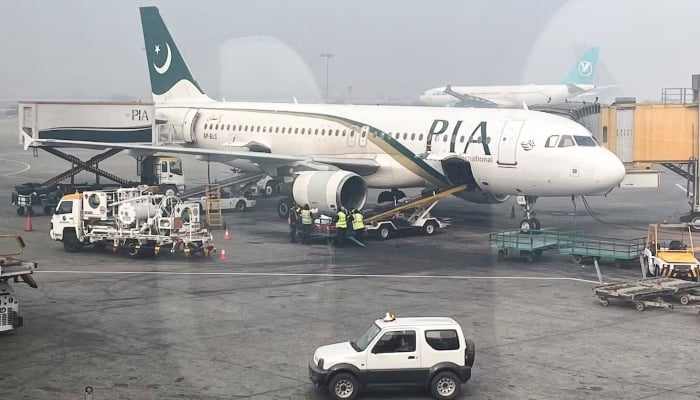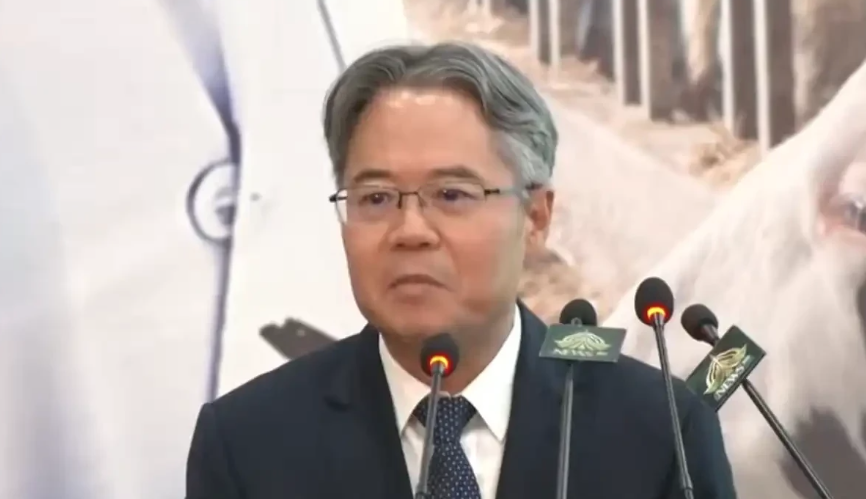TRADE & ECONOMY
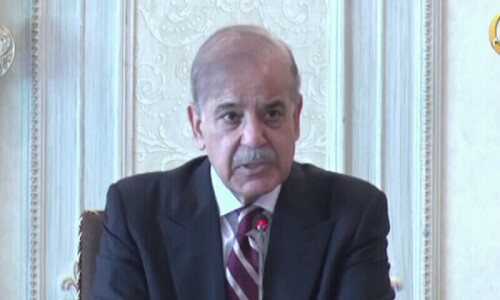
Prime Minister Shehbaz Sharif announced that Pakistan is on track to sign agreements worth around $2 billion with Saudi Arabia during an upcoming visit by a Saudi delegation. The delegation, led by Saudi Minister for Investment Khalid Bin Abdulaziz Al-Falih, will visit from October 9 to 11, ahead of the Shanghai Cooperation Organisation (SCO) meeting hosted by Pakistan from October 15-16.
The Saudi delegation, which will include representatives from both government and private sectors, signals a broadening of Pakistan-Saudi economic partnerships. This visit underscores the strong bilateral ties between the two nations, particularly in terms of investment and economic cooperation.
During a federal cabinet meeting, Prime Minister Sharif highlighted several key developments that reflect Pakistan's improving economic outlook. He credited the successful conclusion of the International Monetary Fund (IMF) program to the timely financial support provided by China, the UAE, and Saudi Arabia. Their combined $12 billion loan rollovers were crucial in securing the IMF’s 37-month bailout package for Pakistan.
The prime minister also noted the success of a recent visit by the Malaysian prime minister and mentioned that Saudi Arabia had previously been asked to increase its lending by $1.5 billion from its existing $5 billion portfolio, further showcasing the deepening financial ties between the two nations.
Economic and Political Context
Prime Minister Sharif took the opportunity to address the domestic situation as well, pointing out that the opposition Pakistan Tehreek-e-Insaf (PTI) was engaging in disruptive activities, such as clashes with the police, to stay relevant. He asserted that these protests were aimed at undermining the government’s efforts to stabilize the economy. He emphasized that the country’s inflation rate was decreasing, exports were increasing, and a "homegrown growth program" was underway.
In addition to this, the prime minister stressed the significance of maintaining peace during the crucial period of economic recovery, particularly as foreign investments from Saudi Arabia and other friendly countries are set to flow into Pakistan’s economy.
Economic Losses from PTI Protests and Karachi Attack
Meanwhile, Finance Minister Muhammed Aurangzeb, in a televised address, revealed that recent clashes between PTI supporters and the police in Islamabad, along with a terrorist attack in Karachi targeting Chinese nationals, had caused significant economic damage. He stated that Pakistan was losing around Rs190 billion per day due to disruptions in law and order, which affected business operations, GDP, and IT sectors.
Aurangzeb pointed out that around 800,000 families in Islamabad alone had suffered due to the ongoing unrest. He urged all political parties to come to the negotiating table for the sake of the country's economic stability.
The finance minister also expressed his condolences over the tragic loss of two Chinese engineers in the Karachi attack. These engineers, who were working as independent power producers (IPPs), were involved in energy projects that are vital to Pakistan’s infrastructure development.
"We cannot put a price on their lives," Aurangzeb said, stressing the profound impact their deaths had on Pakistan-China relations. He called for unity in the face of terrorism and appealed to the public to avoid actions that could harm the country's economic recovery.
As Pakistan gears up to sign important economic agreements with Saudi Arabia, the government's focus remains on maintaining stability, fostering growth, and strengthening international partnerships to ensure long-term economic resilience.
